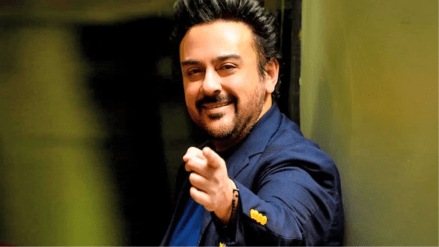Singer and composer Adnan Sami has shared a deeply personal account of his journey from Pakistan to India, shedding light on the emotional and ideological motivations behind his decision to make India his permanent home.
In an interview with HT City, the acclaimed artist dismissed claims that he moved for monetary gain. “If someone says I moved to India for money, I want to tell them that I left assets worth crores when I moved to India,” he said, adding that his migration was driven by conviction, not financial incentives.
Unlike other Pakistani singers like Atif Aslam and Rahat Fateh Ali Khan, who came to India for professional collaborations, Sami took the bold step of renouncing his Pakistani citizenship and embracing Indian nationality. He explained that his decision was informed and deeply thought-out — much like converting to another religion. “When you convert, you study the philosophy behind that belief. So, it’s an informed decision. Making India my home didn’t come on a platter,” he explained.
Sami emphasized that his connection with India goes far beyond professional affiliations. “I could have become a German, British, Canadian or US citizen. I chose India because of conviction. And that’s something Pakistan cannot stand,” he said.
Reflecting on his early upbringing in Pakistan, Sami said he too was influenced by propaganda until he experienced India firsthand. “Now I know exactly how India is and how Pakistan is,” he stated.
He recalled a moment of personal pride when looking at the Indian flag at the airport. “I tell myself, ‘My kids better remember what their father went through to get that flag,’” he said, underscoring the emotional weight of his transition.
In a separate conversation with Bollywood Bubble, Sami compared Pakistan’s reaction to his move to that of an ex-lover who hasn’t moved on. “It’s love, and love manifests in many absurd ways,” he said.
Sami, who became an Indian citizen in 2016, continues to be one of the few high-profile figures from Pakistan to fully integrate into India, both culturally and legally, and remains vocal about his loyalty to his adopted homeland.
